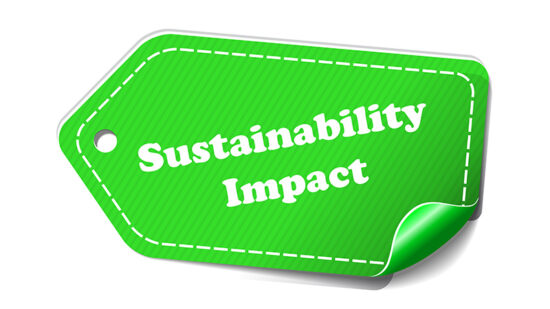This seems an uncontroversial equation, but many have disputed that there is any relationship between economic growth and stock market performance. Does a relationship exist? And if so, what does it mean for stock market performance in 2014?
A negative correlation…
The idea that stock market performance bears little relationship to economic performance has its roots in the theories of John Maynard Keynes, who characterised stock markets as giant casinos, in thrall to animal spirits. It also appears to have been borne out by recent experience in countries such as China, where the economy has grown steadily at 8.2-8.5% for the past three years, while its stock market has fallen almost 40%.
Closer to home, the UK has seen the biggest turnaround in economic performance and yet the FTSE 100 has lagged other developed stock markets, weakened by the fact that its constituent companies derive their earnings globally rather than domestically.
This is supported by sound research. The Vanguard white paper 'The outlook for emerging market stocks in a lower growth world' finds weak correlation between economic growth and equity market progress: "At 4% per year, the average real equity market return for the countries with the three highest GDP growth rates was slightly below the 4.2% average return for the countries with the three lowest GDP growth rates, despite the considerable difference in those rates (8% a year versus 1.6%, on average). It is clear that the correlation between these two variables is weak."
…but is it the right correlation?
Many economists also question the relationship between stock markets and economies. For example, West LB Asset Management chief economic Holger Sandte said that investors should “relinquish any hopes of finding a single economic indicator that will predict future market developments early and reliably. As counterintuitive as it may seem, data suggest that high growth rates do not necessarily correlate with the higher long-term stock market returns."
However, Sandte does not argue that there is no relationship. Instead he says that the relationship is the other way round.
Strong links
Stock market performance can impact the economy and this influence has increased over time. Stock market declines suggest an economic slowdown, while gains predict economic expansion. This is particularly true where there is widespread equity ownership, such as in the US, where stock market gains can create a wealth effect, in much the same way as rising house prices.
But not all of this relationship is down to the 'feel-good' factor: companies rely on the stock market for financing so if stock markets are weak, they may not be able to raise as much money for expansion. They will not hire or invest, which has a knock-on effect on economic growth. The opposite is true at times of stock market expansion.
So what does this suggest for 2014?
The market has already anticipated an economic expansion and that was reflected in the significant stock market gains in 2013. That economic expansion is now upon us. It will only drive stock markets to the extent that it increases earnings expectations. There is a relationship between the stock market and economic growth, but it is not the one most investors expect.







